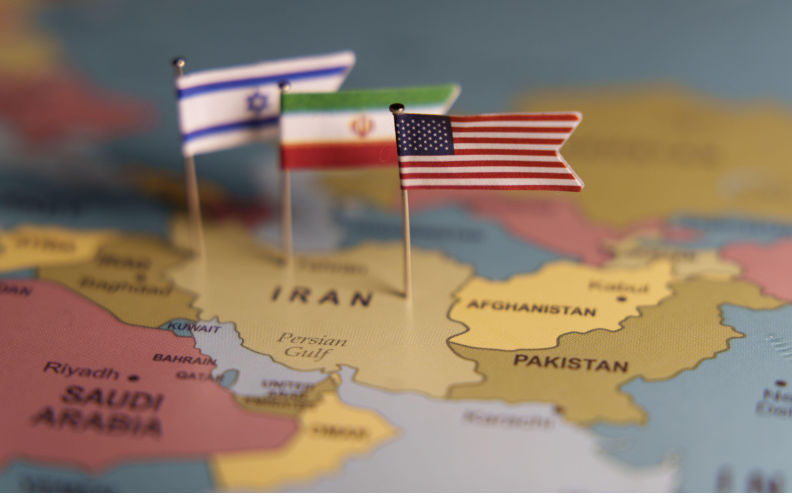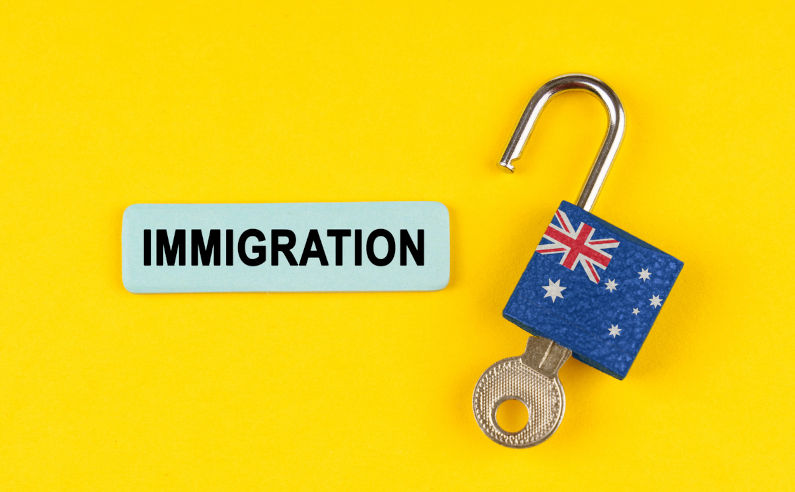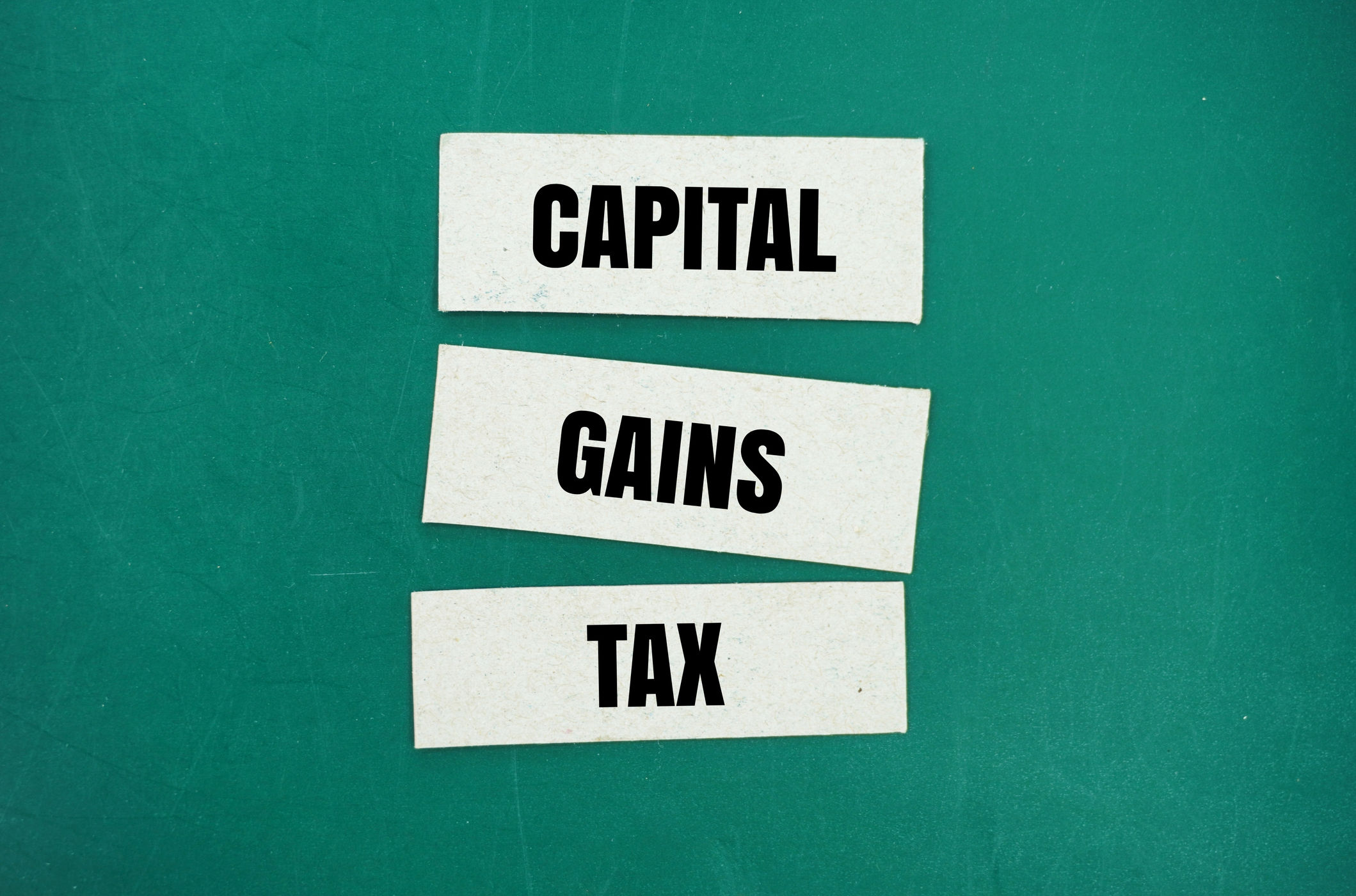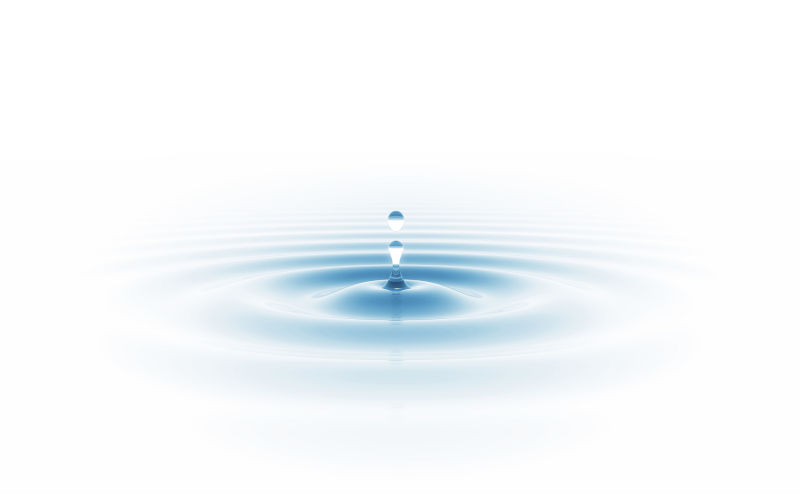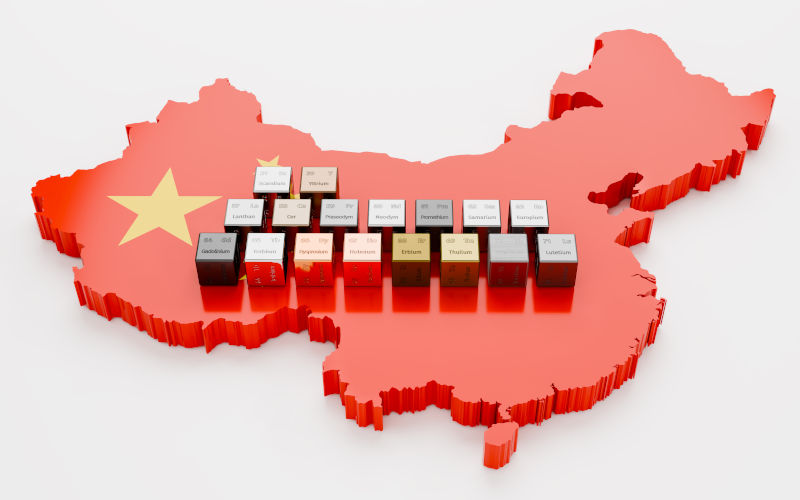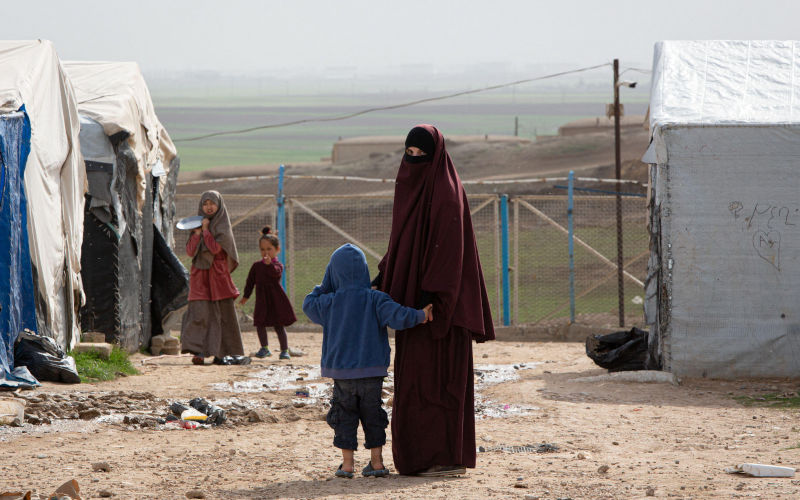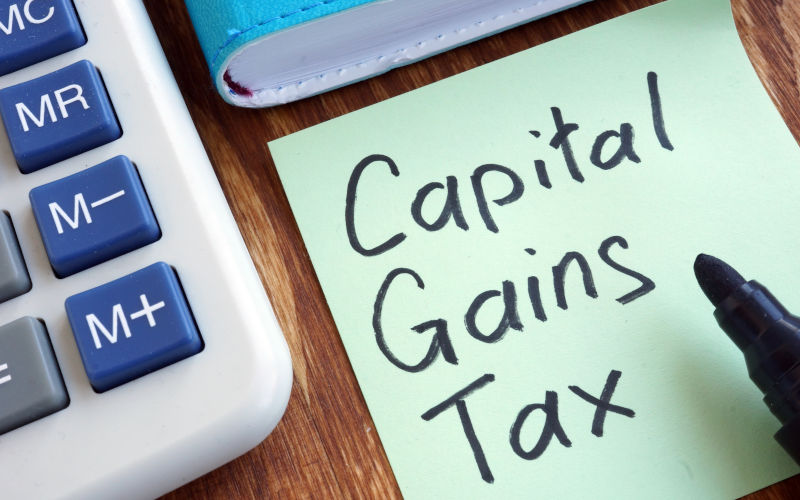
Pearlcasts
As we review 2025, the temptation is to look for neat summaries and settled conclusions.
Go to Pearlcasts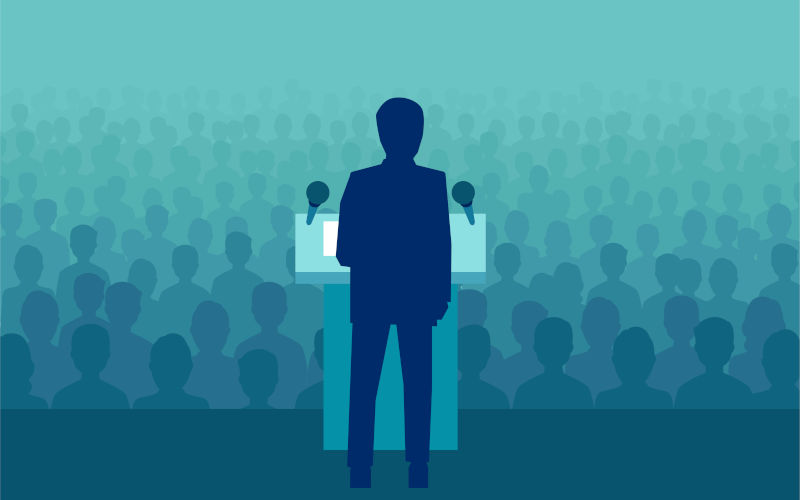
27 February 2026
Authority is not leadership – and Australia keeps confusing the two
Australia’s political culture mistakes authority, comfort and continuity for leadership. Without the courage to create disequilibrium and confront hard choices, real reform remains impossible.

27 February 2026
Shen Yun and Falun Gong – belief, propaganda and division
The evacuation of the Prime Minister over a threat linked to a Shen Yun tour has drawn attention to the Falun Gong movement and its political evolution.
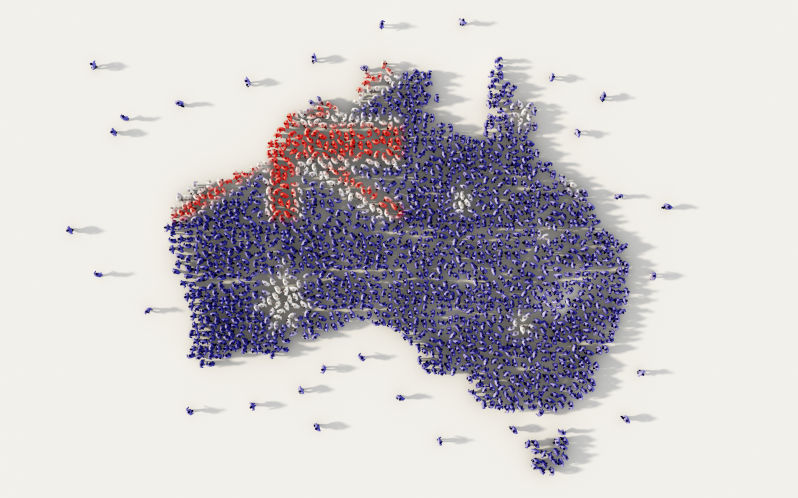
27 February 2026
What it means to belong as a Muslim Australian
A life shaped by migration, public service and community leadership offers a quiet rebuttal to claims that Muslim Australians do not belong – and a reminder that belonging is built through contribution, not fear.
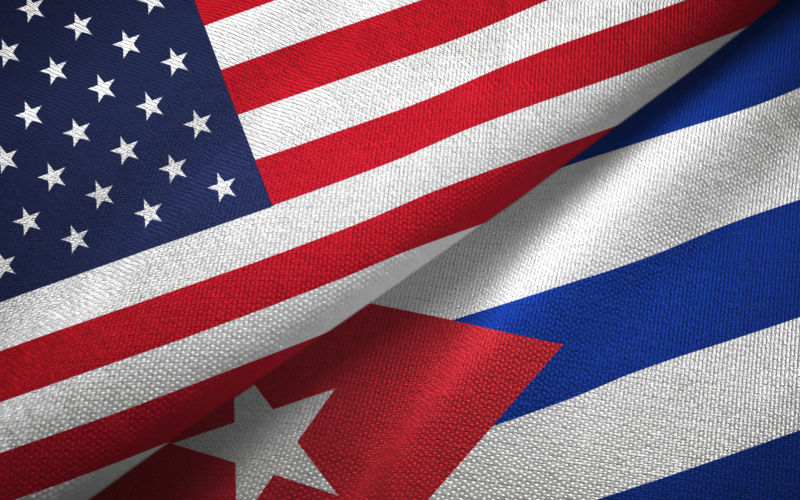
27 February 2026
Pax Americana and the starvation siege of Cuba
For more than three decades the world has voted overwhelmingly to end the US embargo on Cuba. Washington ignores the law, the UN, and the humanitarian cost – and its allies look away.
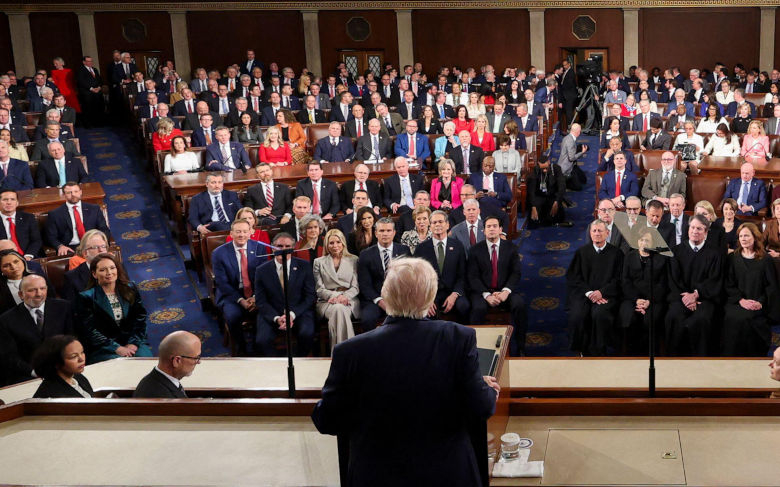
27 February 2026
Five takeaways from Trump’s 2026 State of the Union address
How did our region see the US President's speech? Dewey Sim of South China Morning Post reports that in the 1 hour 47 minute address, Trump cast himself as a global peacemaker and touted his economic credentials.

27 February 2026
Is algae smarter than politicians?
The world’s coral reefs are undergoing a fourth mass die-off, driven by rapidly accelerating global heating. As Julian Cribb explains, the science is clear – and the political failure to respond is not defensible.
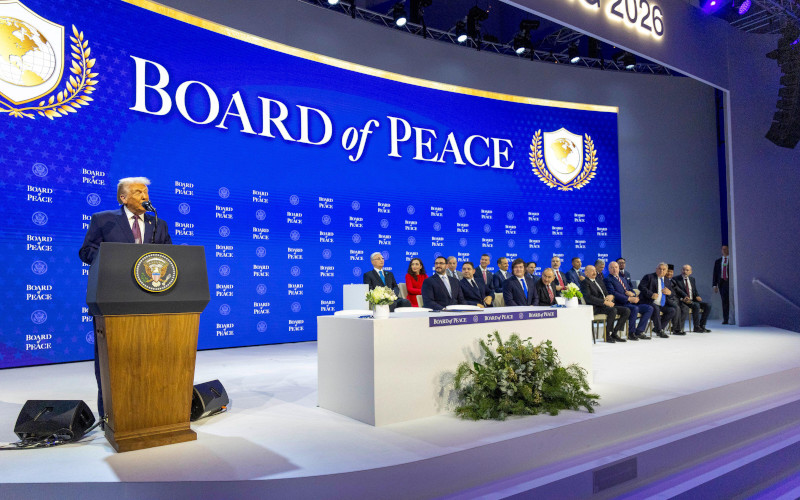
27 February 2026
No Plan B: Trump’s Gaza plan sidelines justice and law
Donald Trump’s so-called Peace Board for Gaza promises reconstruction but delivers domination. With Palestinians excluded and international law sidelined, the plan exposes the urgent need for a credible alternative grounded in justice, accountability and self-determination.

26 February 2026
Foreign fighters for Israel – beyond the reach of Australian law?
While the government vows to block the return of Australian women and children from Syria, hundreds of Australians who have served with the Israeli Defence Force face little scrutiny on their return – despite serious allegations of war crimes in Gaza.
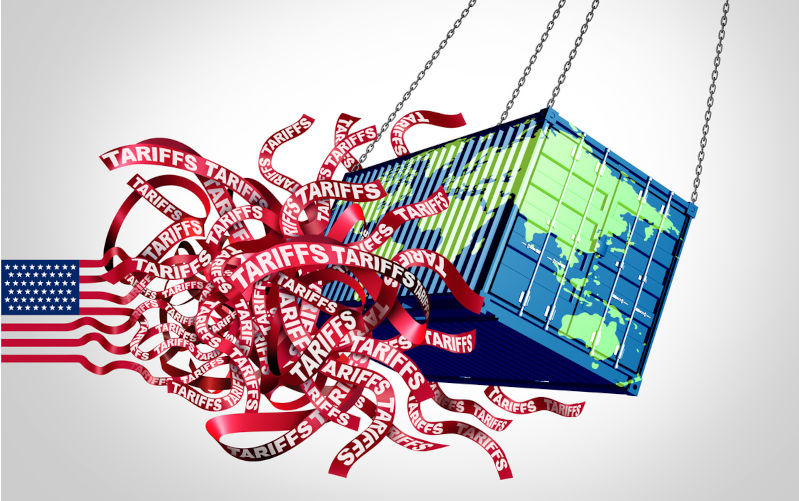
26 February 2026
President Trump: Give back the money and stop grabbing more
The White House and Congress can and should provide relief to American families who bore the costs of illegal tariffs. The administration has the responsibility to design such relief.
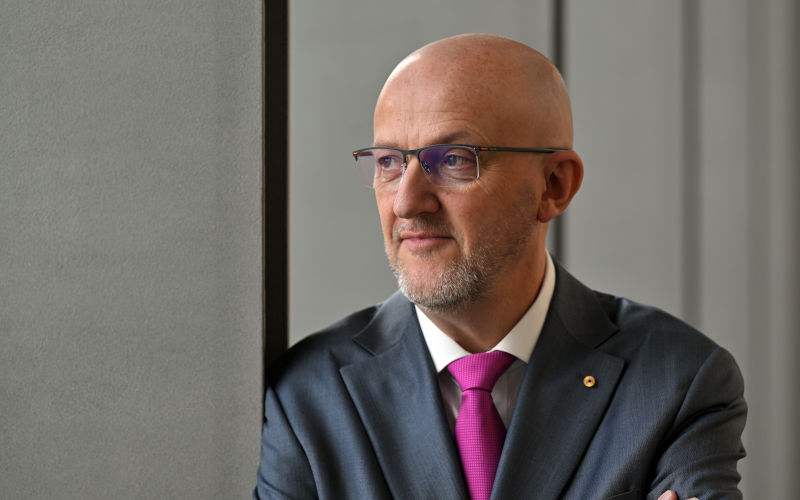
26 February 2026
ASIO fails to gag the ABC
ASIO’s pre-emptive attack on a Four Corners investigation into the Bondi killings was vague, thinly evidenced and ultimately counter-productive.
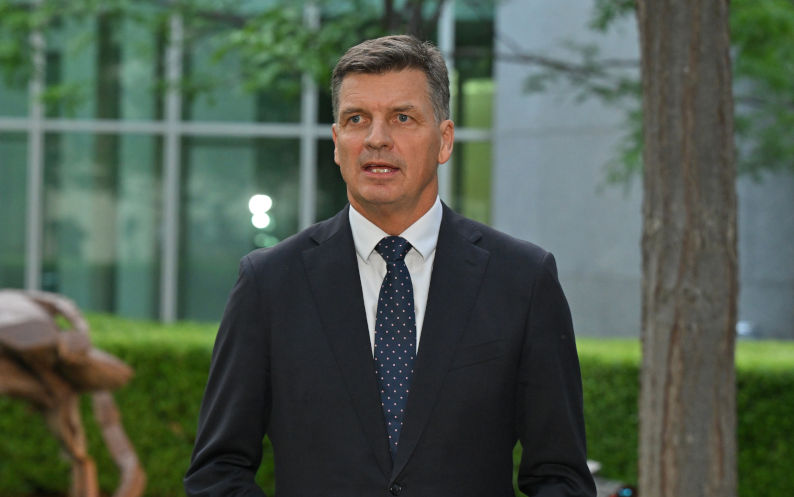
26 February 2026
The Liberal Party collapse and the myth of restoration
The Liberals’ talk of “renewal” looks less like reform than ritual – invoking origins to avoid confronting decline. The real lesson is not about personalities, but how power loses legitimacy when it drifts from reality.
Read our series
Latest on Palestine and Israel

27 February 2026
No Plan B: Trump’s Gaza plan sidelines justice and law
Donald Trump’s so-called Peace Board for Gaza promises reconstruction but delivers domination. With Palestinians excluded and international law sidelined, the plan exposes the urgent need for a credible alternative grounded in justice, accountability and self-determination.

26 February 2026
Foreign fighters for Israel – beyond the reach of Australian law?
While the government vows to block the return of Australian women and children from Syria, hundreds of Australians who have served with the Israeli Defence Force face little scrutiny on their return – despite serious allegations of war crimes in Gaza.
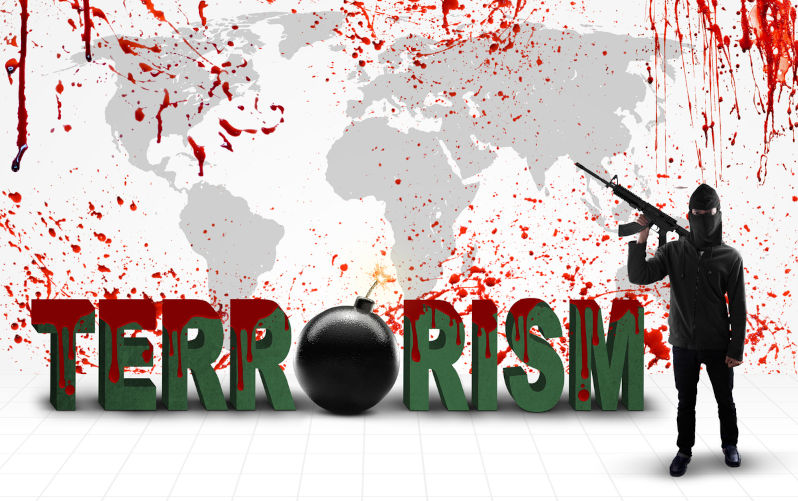
25 February 2026
Terrorism – a blow back from western violence in Muslim countries
Terrorism dominates political debate and media coverage in Australia despite causing relatively few deaths. The deeper causes – western military violence, state power, and selective moral language – are rarely examined.

24 February 2026
Death tolls, settlements and the closing space for a two-state future
New research confirms that far more Palestinians have been killed in Gaza than first acknowledged, while settlement expansion and political rhetoric point to deeper structural realities.
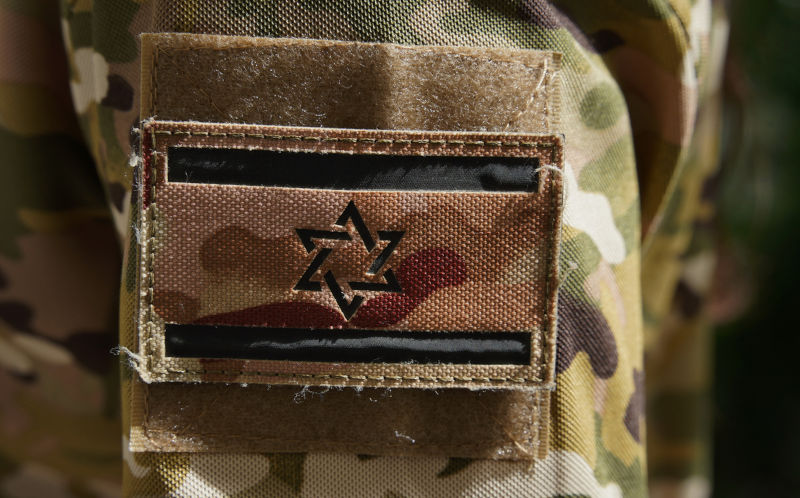
23 February 2026
Globalisation of occupation: when genocide becomes an international project
Thousands of foreign nationals are serving in Israel’s military with the legal tolerance of their home states, while peaceful protest against the war is criminalised. This double standard exposes a deep failure of international law and accountability.
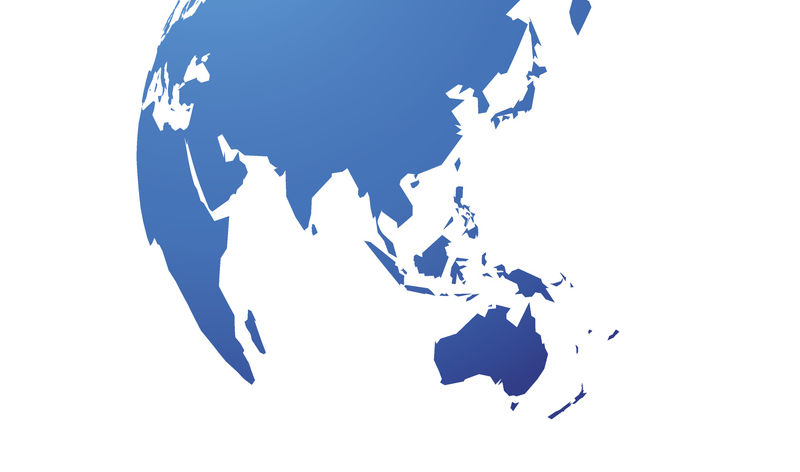
23 February 2026
Islamophobia and strategic blindness: Australia in the Asian century
Australia seeks deeper integration with Asia while continuing to send cultural and political signals that undermine trust among its closest neighbours. In a region shaped by Islam, history and proximity, this contradiction carries strategic consequences.
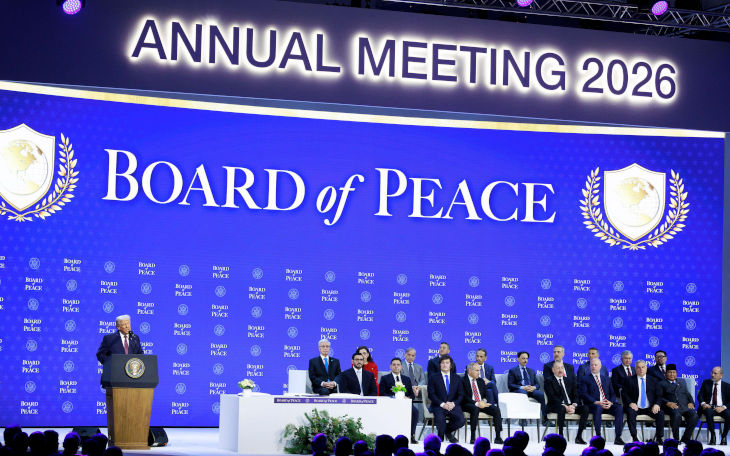
21 February 2026
Board of Peace plans 5,000-person military base in southern Gaza
Leaked contracting documents detail plans by the Board of Peace to build a large military base in southern Gaza, including armoured towers, bunkers and a “Human Remains Protocol”.

20 February 2026
Dual nationals in Israel’s military face growing legal scrutiny over Gaza
Newly released data shows that tens of thousands of Israeli soldiers hold foreign citizenship, placing Western nationals directly within the scope of international war crimes law over Gaza.

Israel's war against Gaza
Media coverage of the war in Gaza since October 2023 has spread a series of lies propagated by Israel and the United States. This publication presents information, analysis, clarification, views and perspectives largely unavailable in mainstream media in Australia and elsewhere.
Download the PDFLatest on China

27 February 2026
Shen Yun and Falun Gong – belief, propaganda and division
The evacuation of the Prime Minister over a threat linked to a Shen Yun tour has drawn attention to the Falun Gong movement and its political evolution.
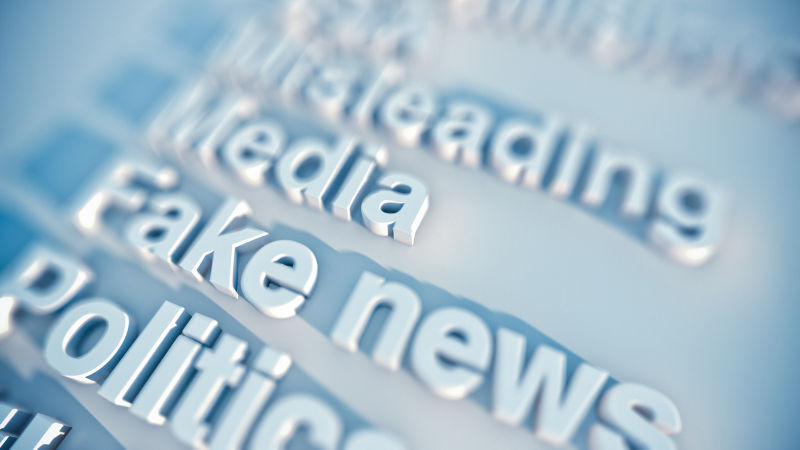
25 February 2026
How a nuclear test that never happened became news
A US allegation that China conducted a secret nuclear test was widely reported despite clear evidence to the contrary, highlighting how security claims are too often treated as facts before they are proven.
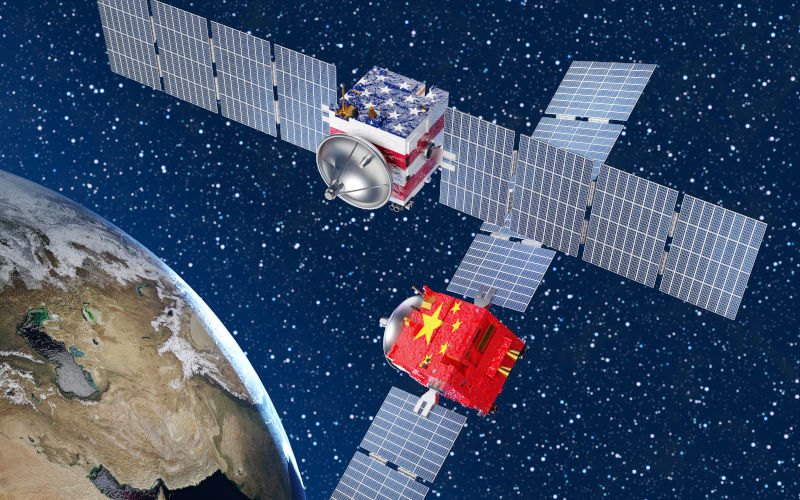
23 February 2026
Starlink, China and the governance of low Earth orbit
China’s massive satellite filings highlight how low Earth orbit has already been transformed by industrial-scale deployment – and how existing governance is struggling to keep pace.

Support our independent media with your donation
Pearls and Irritations leads the way in raising and analysing vital issues often neglected in mainstream media. Your contribution supports our independence and quality commentary on matters importance to Australia and our region.
DonateMore from Pearls and Irritations
Latest letters to the editor
Hansonites are amongst us and they vote
Richard Llewellyn — Colo Vale
Assertions are not evidence of a crime
David Thompson — CLAYTON
Do some mothers matter more than others?
Hal Duell — Alice Springs
What’s the difference?
Stelios Piakis — NSW

